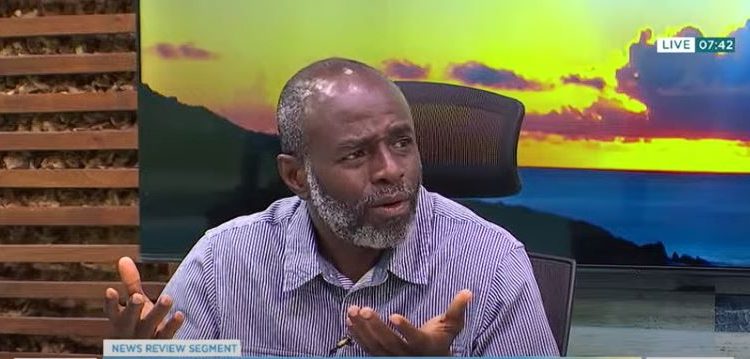Engineer and policy analyst Michael Kosi Dedey has raised doubts about the tangible impact of President John Mahama’s much-publicized 120-day contract, claiming that only nine of the 26 outlined promises hold real value, while the rest are “largely symbolic and cosmetic.”
He emphasized that a closer look at the 26 deliverables reveals that most of them lack measurable benefits for the public.
“I think that we need to look at what the value is in the proposition before us in terms of the 24 items that were put to us, and when I went through them, only nine of them are worthy. The rest are largely symbolic and cosmetic,” Dedey said.
Speaking on Channel One TV’s Breakfast Daily on Wednesday, May 7, he questioned the significance of certain pledges, such as the rapid appointment of ministers, which he believes should be a given, not celebrated as an achievement.
“If you say you will appoint your ministers in a short time, really, what is the value to us? You have been given a mandate to run a country, so there are things you need to do,” he added.
Dedey also voiced concern over the lack of enforcement mechanisms if the promises are not met. “If these 26 items are not done, really, what is the replication? Is there any punishment? Nothing. So, for me, a lot of them are cosmetic, not much value to it,” he said.
He criticized the proposal for a Women’s Bank, arguing that existing financial institutions could better address the issue of women’s access to loans without the need for a specialized bank.
“I do not think it’s of any value. There are already existing banks. If you think that women are disadvantaged in terms of loans, you simply issue some direction to the Bank of Ghana for women to be given the preference that is required. The idea of creating a specialized Women’s Bank is completely unnecessary,” Dedey argued.
Meanwhile, the Mahama administration has reported progress on several fronts, claiming to have fulfilled key pledges within the 120-day framework. These include the swift nomination and approval of a full cabinet, which government officials say reflects Mahama’s commitment to fast-tracking governance.
The administration has also reduced the number of ministers and presidential staffers as part of a lean governance promise. Another notable achievement is the implementation of a Code of Conduct for political appointees, aimed at promoting transparency and ethical leadership.
Economically, the government has convened a National Economic Dialogue to engage stakeholders in crafting a sustainable recovery strategy, while a similar National Education Dialogue was held to recalibrate education policy.
Social initiatives like the “Tree for Life” and “Blue Water” programs have been launched for reforestation and water resource management, while the No Fee Stress initiative aims to reduce financial pressures on parents with children in basic schools.
Additionally, the government has scrapped several taxes, including the E-Levy, Betting Tax, and Emissions Levy, and plans to remove the Covid-19 Levy in the upcoming budget.
Despite these developments, critics like Michael Kosi Dedey maintain that many of the promises remain redundant and fail to deliver lasting impact.
Source: citinewsroom.com

